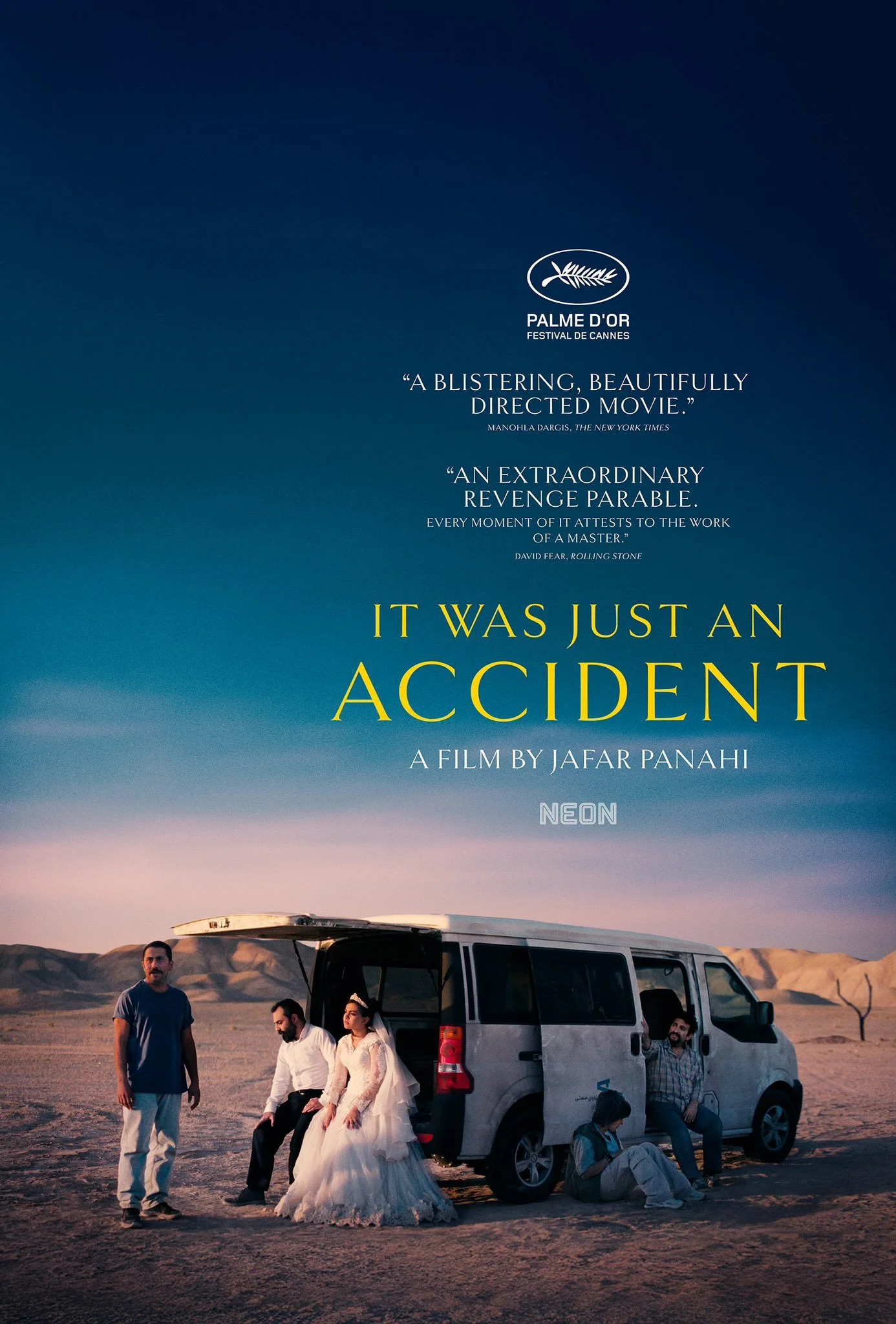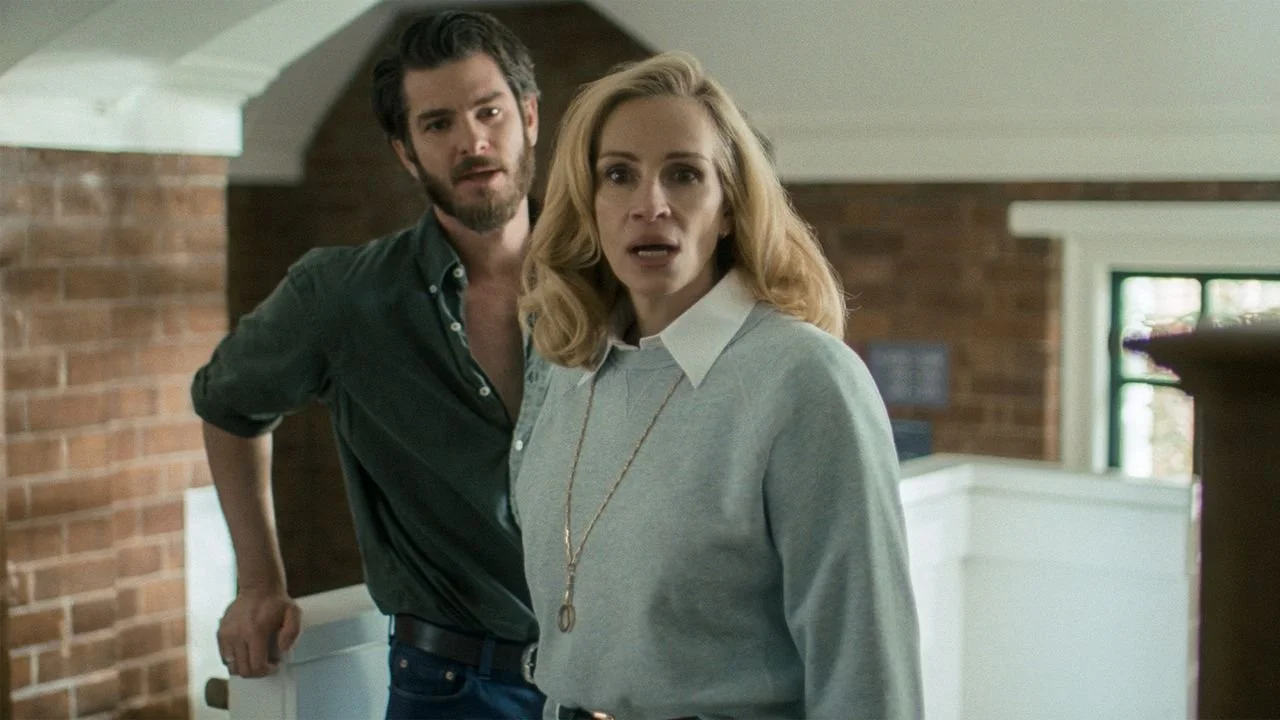It Was Just An Accident
How far are you willing to go for revenge against a person who destroyed your life?
Jafar Panahi’s new film, It Was Just An Accident, the latest work from the Iranian filmmaker — and, without exaggeration, a true revolutionary and fighter against the regime — stormed through Cannes, where I sadly missed it, and later premiered at the 2025 Warsaw International Film Festival to loud, emotional applause.
The film tells the story of Vahid, a former political prisoner who, while working in a workshop one night, meets a man named Eghbal. His car has broken down during a night drive with his wife and daughter. Hearing the man’s voice and the sound of his prosthetic leg, Vahid becomes convinced that Eghbal is one of the intelligence officers who tortured him in prison. Vahid stops thinking — and the next day, after following him, he kidnaps the man — intending to bury him alive. Yet he soon begins to doubt whether he’s captured the right person, as he never saw his torturer’s face during his time in prison behind a blindfold. To confirm his suspicions and justify his act, Vahid finds fellow survivors of the same prison — the photographer Shiva, soon-to-be-bride Goli and her fiancé Ali, and a worker Hamid. Together they embark on a one-day journey filled with confrontation, moral struggle, and painful reflection on justice, forgiveness, and revenge.
It takes just a short while for the film to find its rhythm, but once it does, it’s impossible to look away. This is a story of repressed people who have lost faith in justice and karma — people who crave vengeance not to restore order, but to ease a pain that will never fade. It’s an experience painfully relatable to those living under authoritarian regimes today, to anyone who has suffered or fears persecution for speaking the truth or fighting for their rights and freedoms.
Panahi captures this rage and despair with striking precision, and yet the film never really sinks into hopelessness or darkness. It deals with a heavy subject, but somehow it feels light — full of humor, small absurd moments, and bits of local color that make it almost play like a road movie. That kind of balance keeps the story alive even in its most painful moments.
Panahi’s direction here is fearless. Working underground in a country eager to silence him, he continues to film in secret, pushing against the system that tries to erase voices like his. With It Was Just An Accident, he questions the moral superiority of the victim over the oppressor — asking whether vengeance can ever truly heal. The film reaches its absolute peak in the final two scenes, around fifteen minutes long, which had the entire audience sitting on the edge of their seats, barely breathing (at least that was the case for me). He portrays ordinary people facing extraordinary pain, torn between letting go, moving forward, or avenging what was taken from them.
The cast feels absolutely right for their roles, and their on-screen dynamic works perfectly — natural, chaotic, and alive.
And no, I won’t reveal whether the man truly was the agent they believed him to be — or if it really was “just an accident”. You need to watch it yourself and experience this raw, powerful story.
9/10




